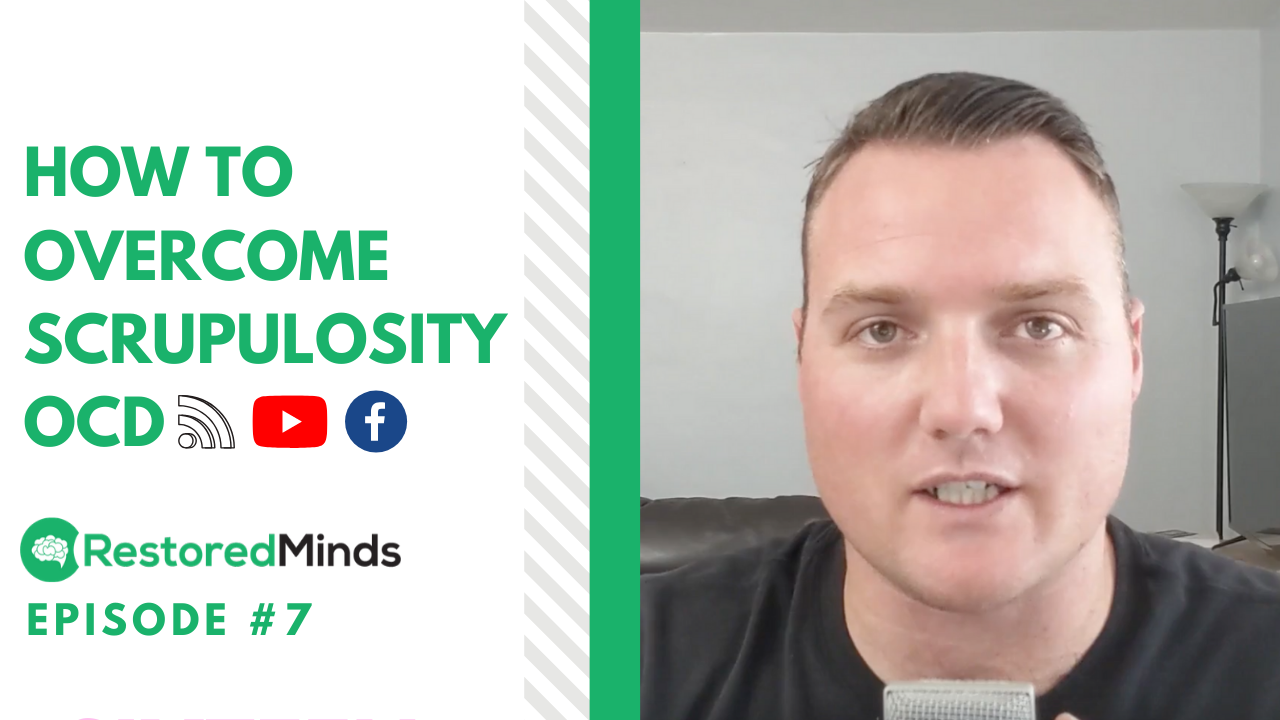Overcoming Scrupulosity OCD & Religious Intrusive Thoughts
Oct 22, 2019
Overcoming Scrupulosity OCD & Religious Intrusive Thoughts
Welcome to Restored Minds! In today's blog post, we'll delve into a critical subset of intrusive thoughts known as scrupulosity OCD or religious intrusive thoughts. If you, or someone you know, is grappling with these challenges, understanding how to treat them is the first step towards recovery.
What is Scrupulosity OCD?
Scrupulosity OCD, commonly known as religious intrusive thoughts, is a type of Obsessive-Compulsive Disorder that manifests as excessive worries about religious or moral issues. People experiencing this often feel an overwhelming need for certainty and to ensure they're adhering to their faith perfectly.
Identifying the Real Problem
The cornerstone of addressing scrupulosity OCD is recognizing that it's not a religious issue, but an OCD and anxiety issue. OCD often masquerades as various problems—be it contamination, health, sexuality, or morality. Recognizing that the root cause is OCD helps to create an effective treatment plan.
The Radiator Analogy
To illustrate this, let's use a car analogy. Imagine you have a problem with your car’s radiator. Regardless of your car’s color or model, the issue remains the radiator. Similarly, irrespective of the content of your intrusive thoughts—whether religious, sexual, or existential—the root problem is OCD.
Treatment of Scrupulosity OCD
The fundamental approach to managing OCD, including scrupulosity, focuses on compulsion elimination. One of the most effective treatments is Exposure and Response Prevention (ERP). This involves exposing yourself to the thoughts and refraining from engaging in compulsions.
Steps to Overcome Religious Intrusive Thoughts
-
Accept the OCD Diagnosis:
Understand that your intrusive thoughts are a symptom of OCD.
-
Identify Your Compulsions:
This may include rituals like excessive praying, seeking reassurance, or thought suppression.
-
Start ERP Therapy:
Work on exposing yourself to the intrusive thoughts without performing the compulsive behaviors.
-
Separate Faith from OCD:
Recognize that your worries are a result of OCD and not a reflection of your faith or belief system.
Personal Story and Encouragement
Our presenter Matt shares his journey with scrupulosity OCD. His recovery began when he realized that his intrusive thoughts were OCD-related and not faith-related. By adopting the right treatment approach, Matt reclaimed his peace of mind and now helps others do the same.


